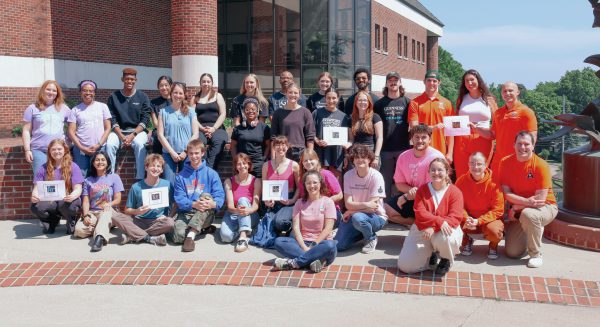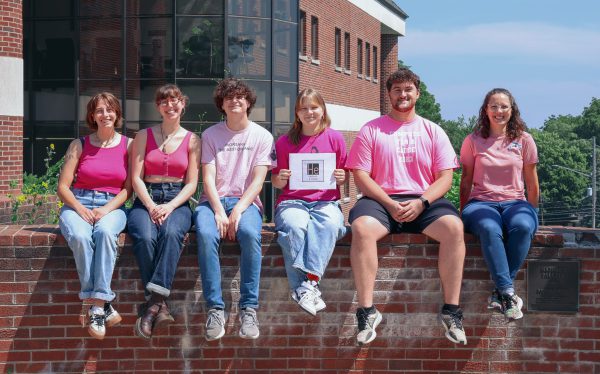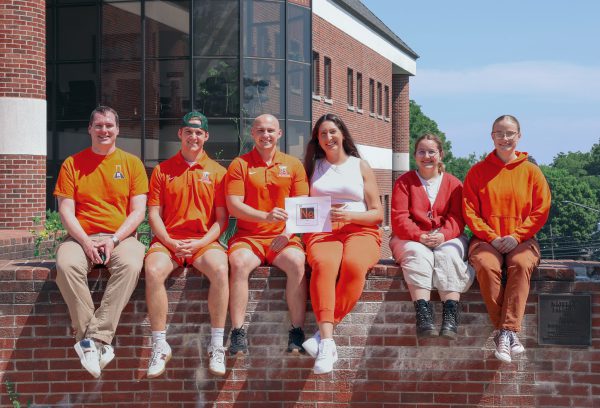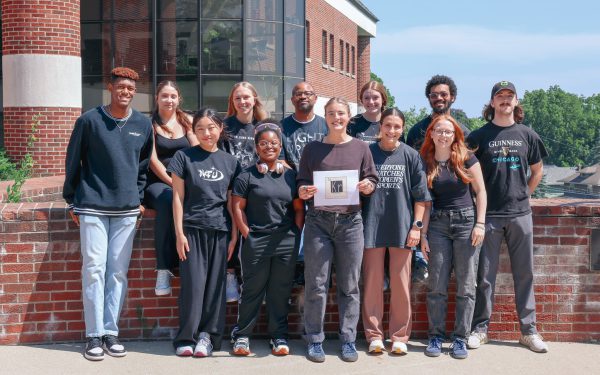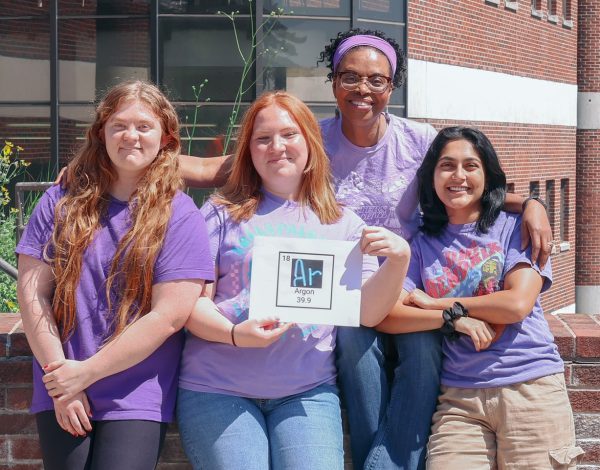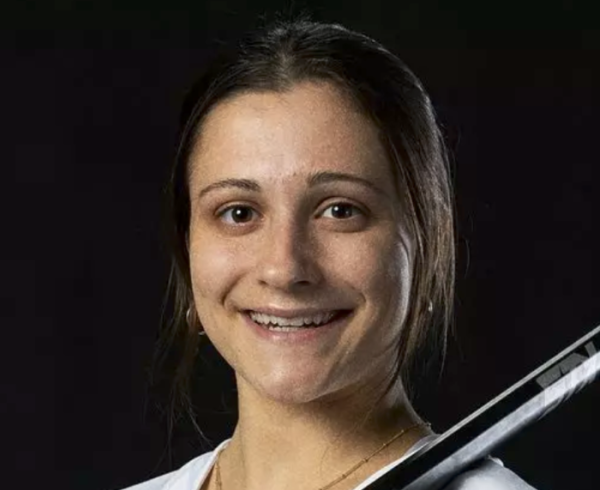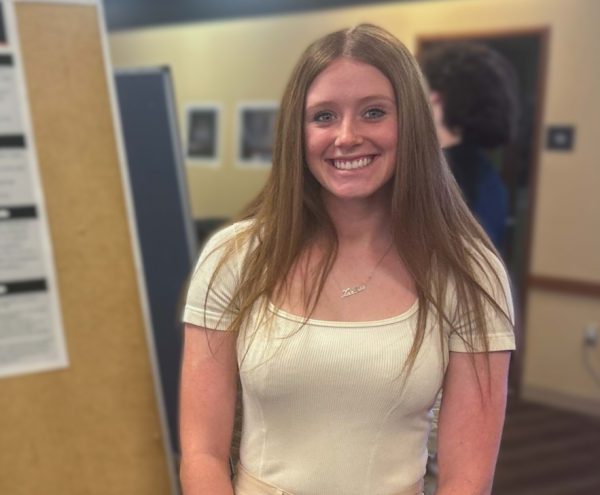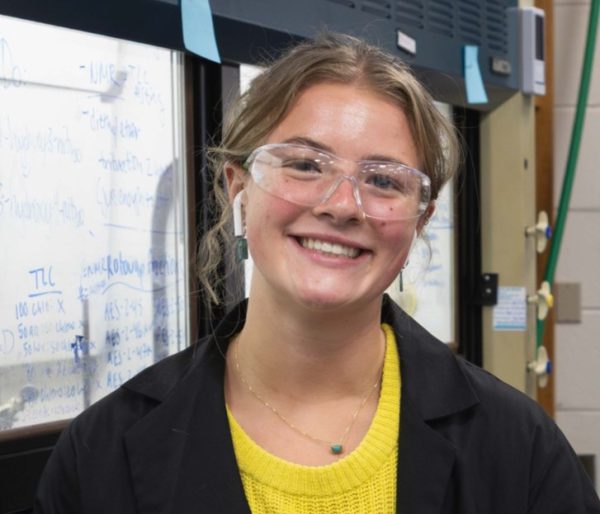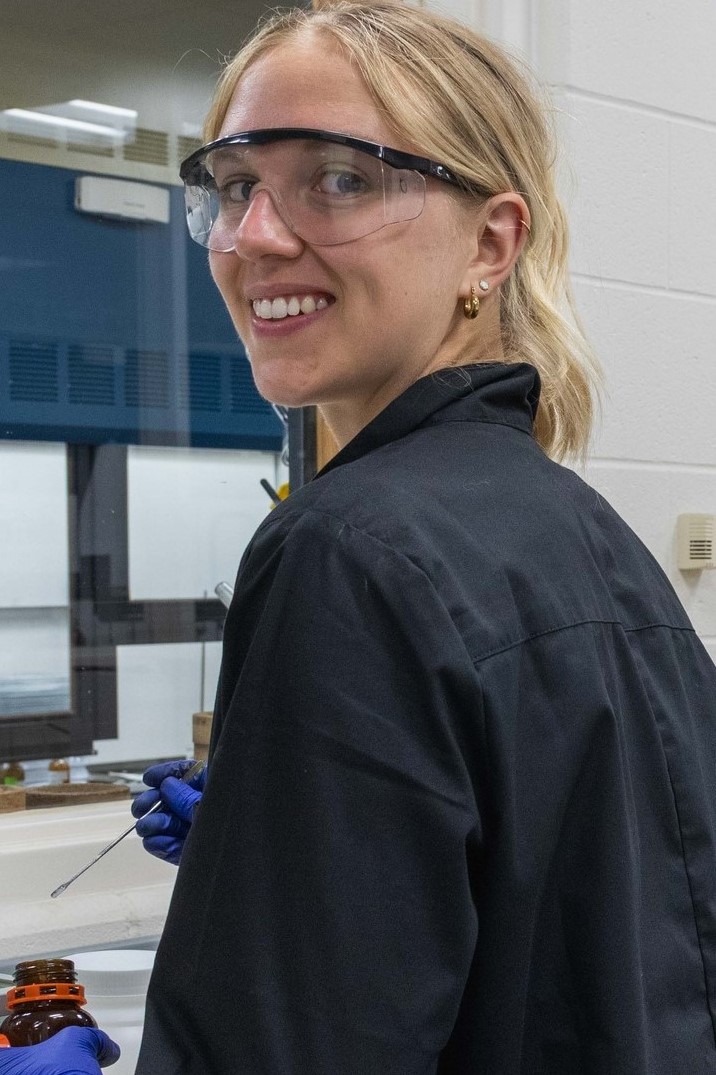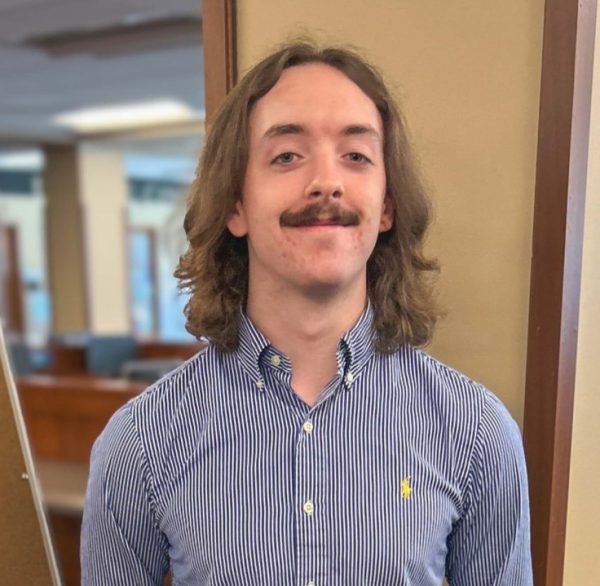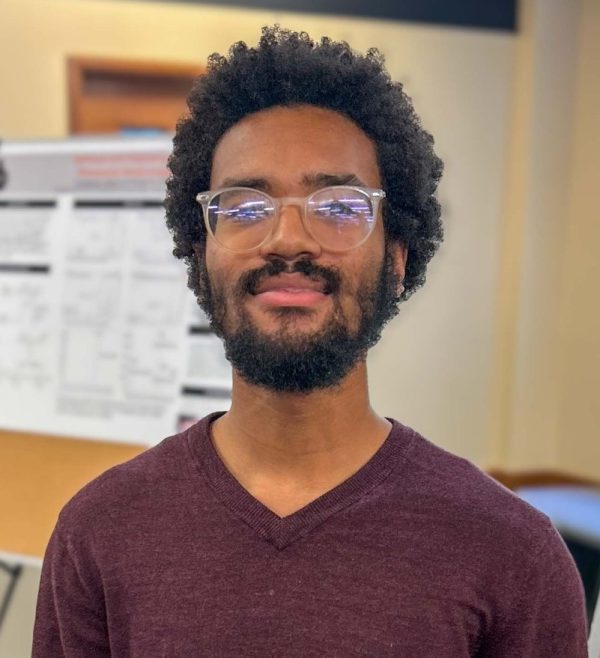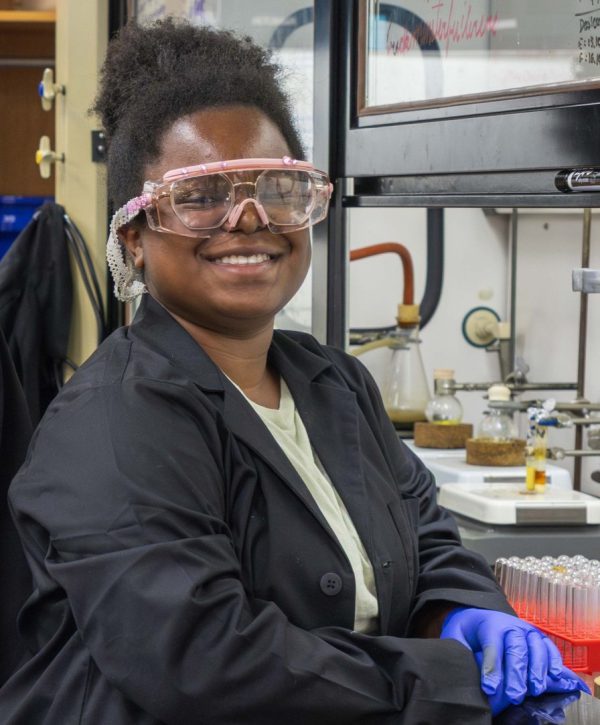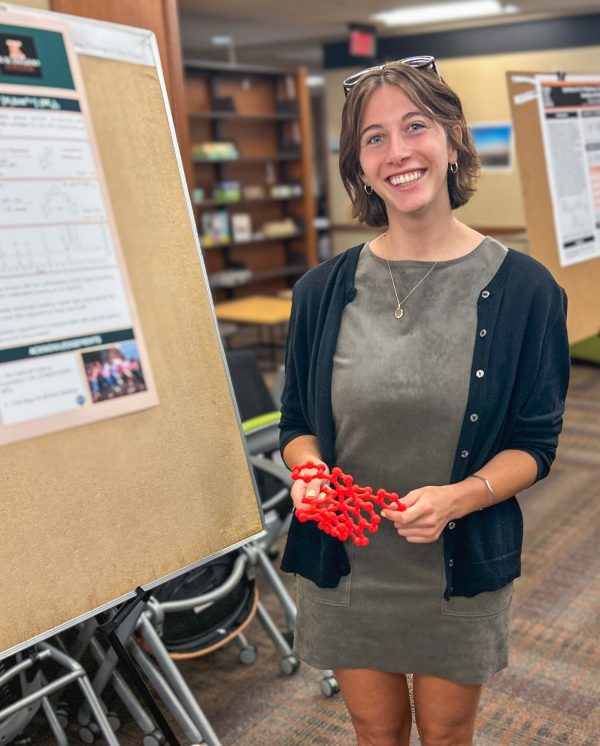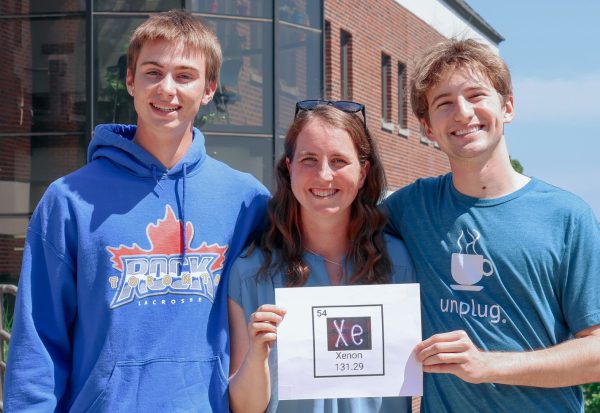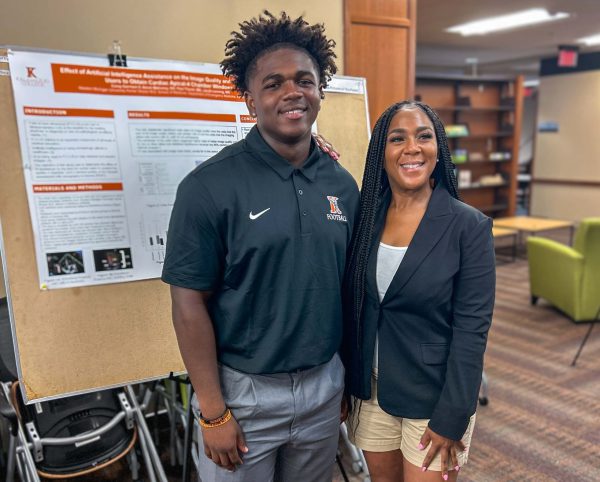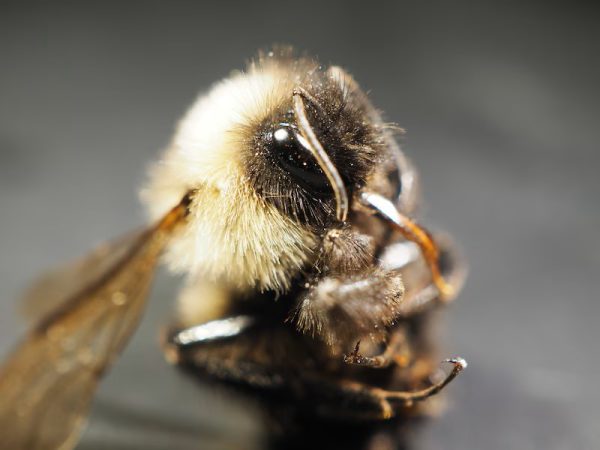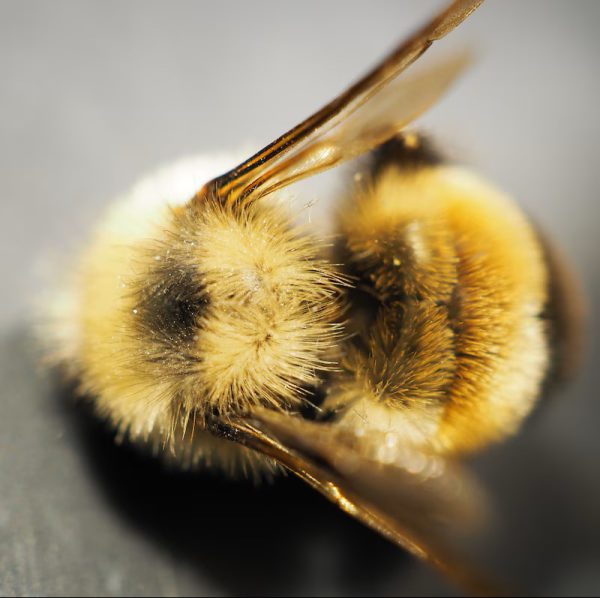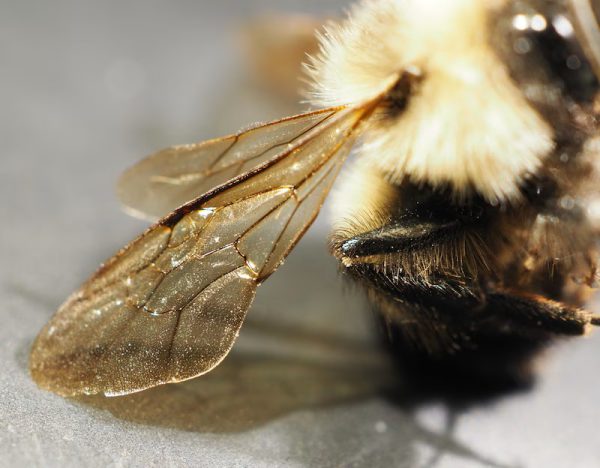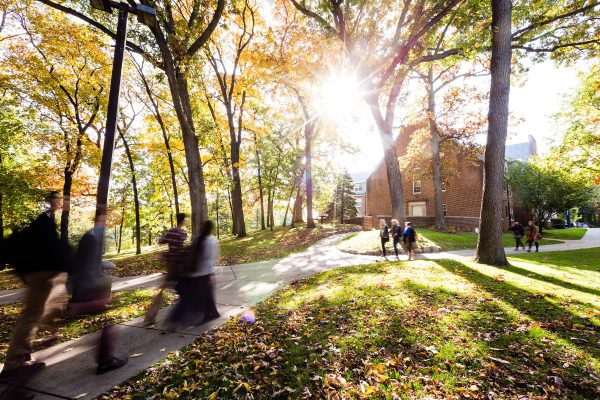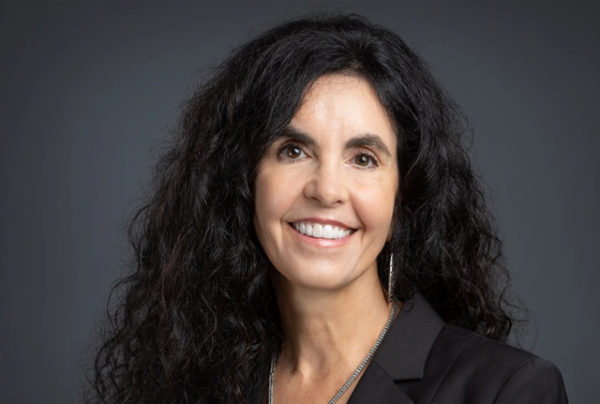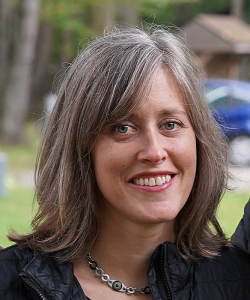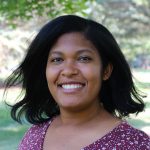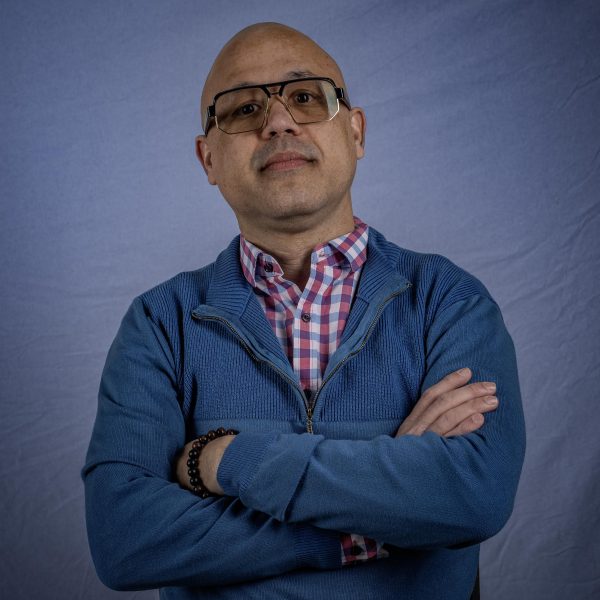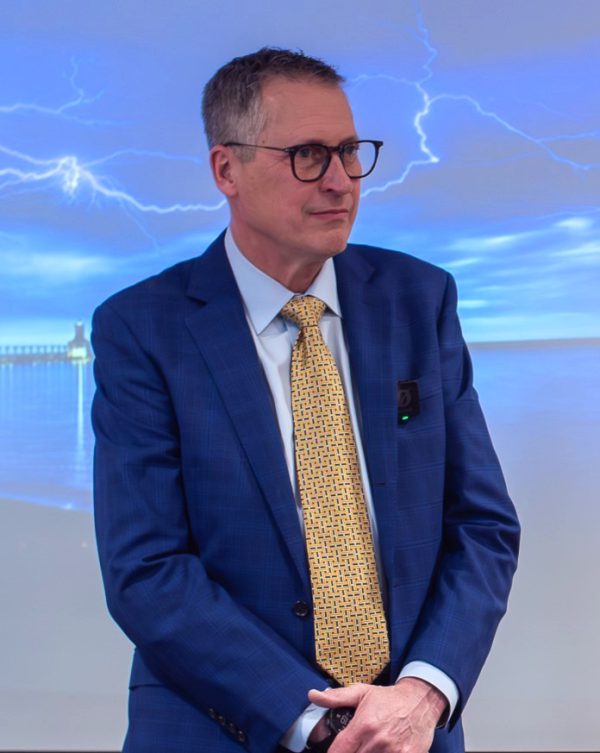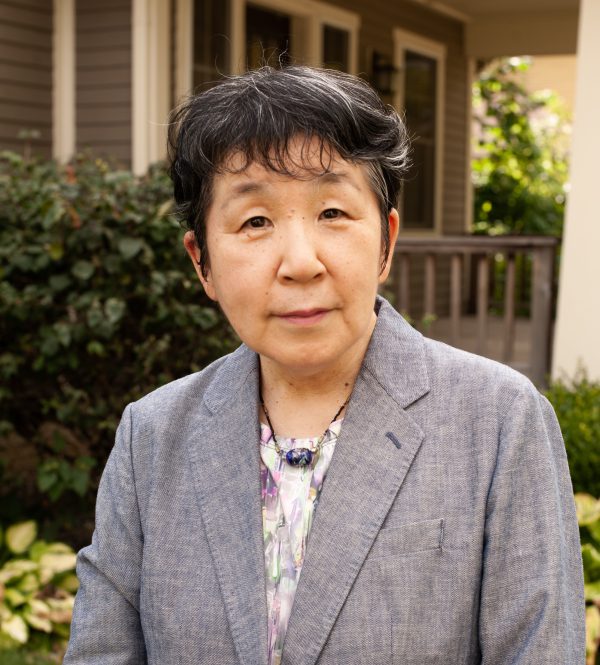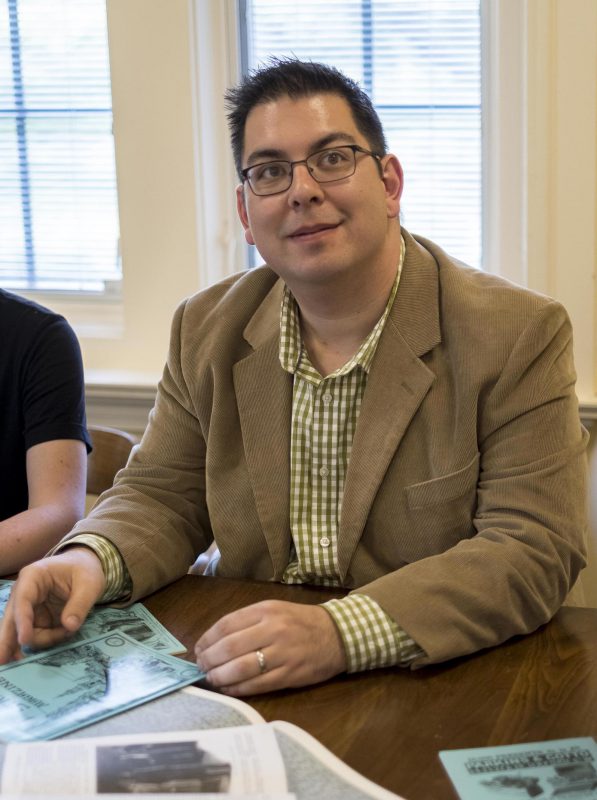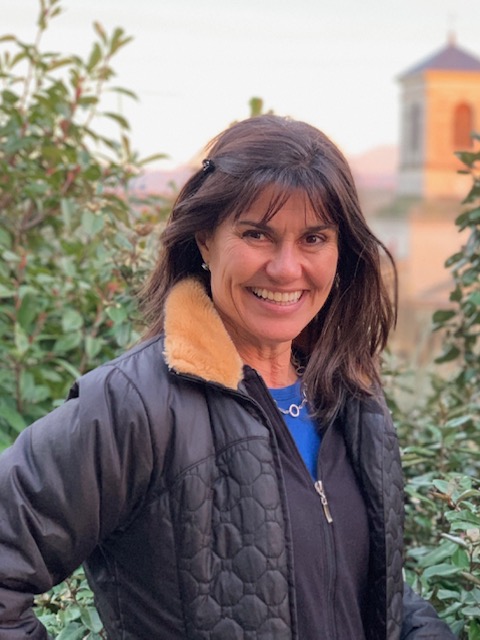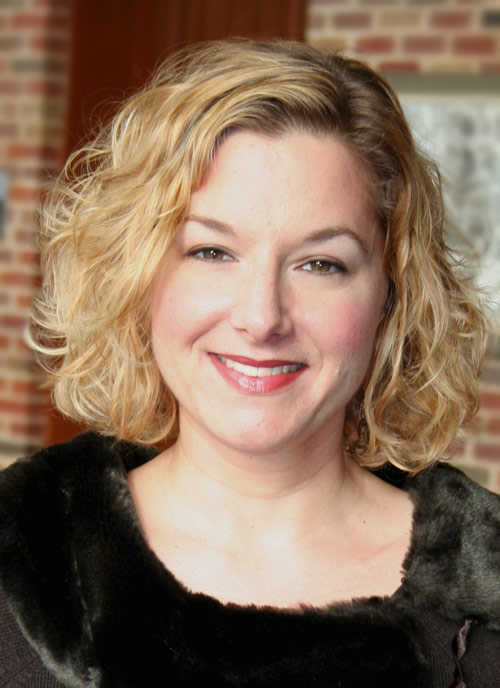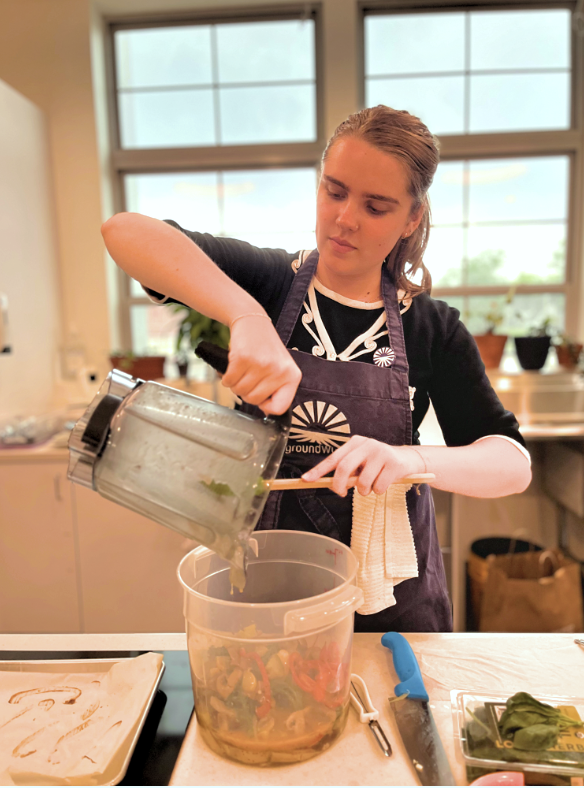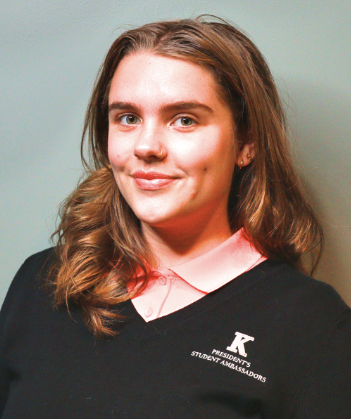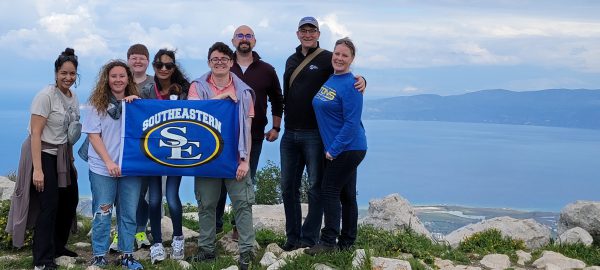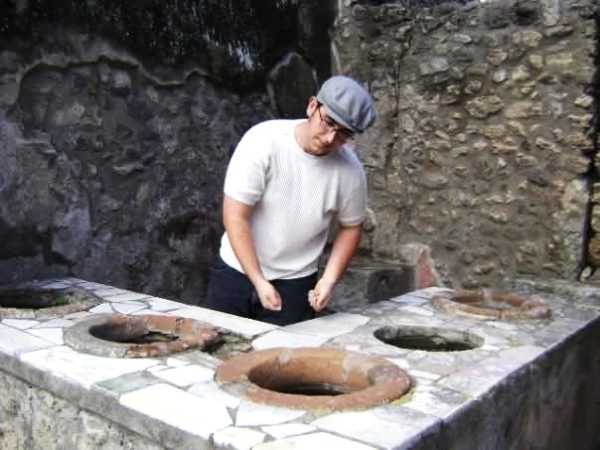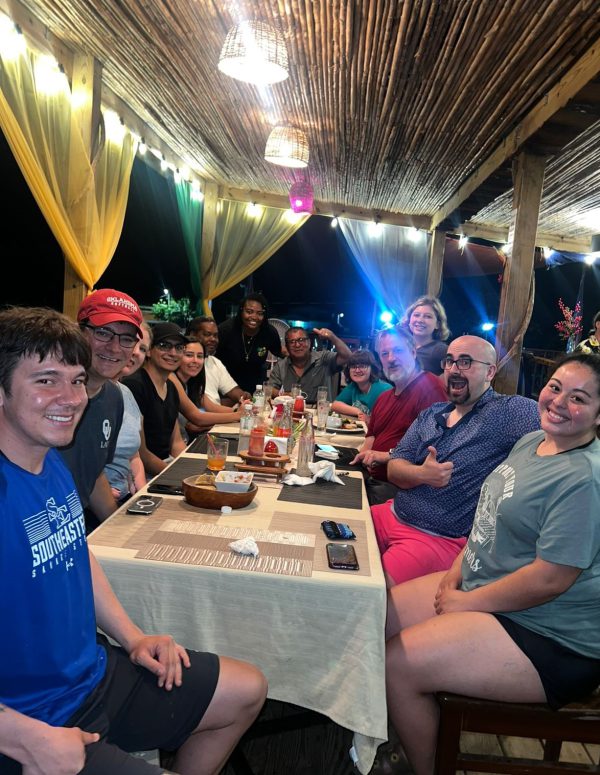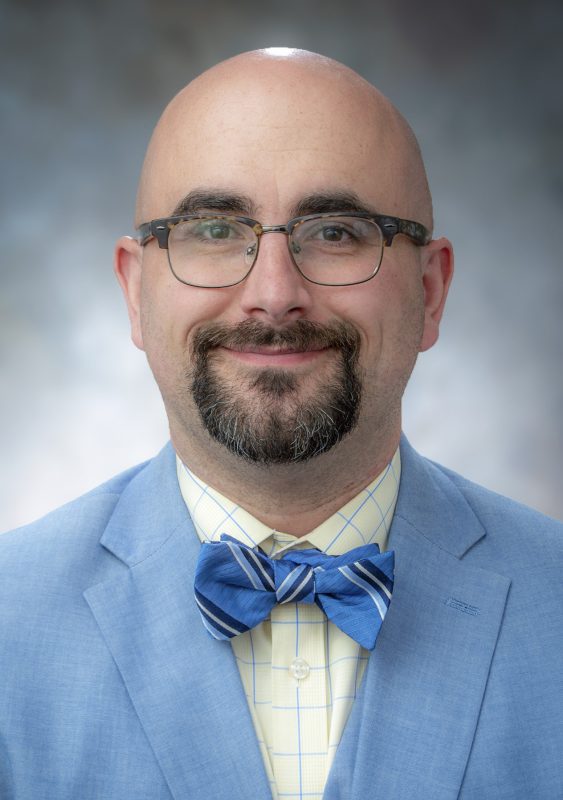Kalamazoo College is bringing its tight-knit community even closer together with the launch of a new social media site designed exclusively for students, faculty, staff and alumni. This LinkedIn-style platform provides a professional space to build connections, seek career advice and share opportunities with fellow K Hornets.
KConnect, designed through the platform AlumniFire, grew out of a desire to strengthen the K network and build relationships. Through it, alumni have options to share one-time advice or serve as ongoing advisors as they control how often they want students to contact them. They also can review students’ resumes, provide interview tips and join a community for fresh ideas, collaboration and partnerships. Students then can explore career paths through conversations with alumni in their prospective fields, get tips on searching for jobs and professional life, set up virtual conversations and in-person meetups, build confidence by networking in a low-pressure space and help fellow students by sharing personal experiences.
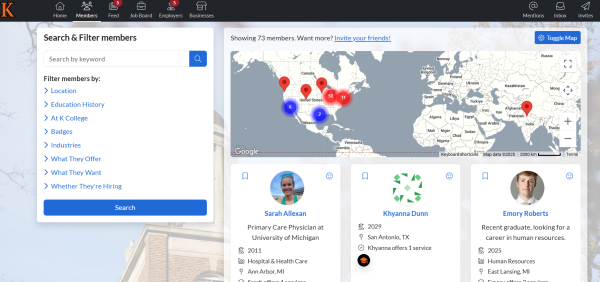
“Alumni reach out to us often and say, ‘I don’t want to just wait for students to find me on LinkedIn. I want to have career conversations with students because I navigated a difficult situation with my career, and I don’t want other students to have to go through that,’” CCPD Director Valerie Miller said. “If we can direct alumni to this platform, they can say exactly what they want to offer students, and students can find them more quickly.”
Although K alumni and students have always been proud of having strong connections, the new platform offers a digital home for those interactions to flourish. KConnect ensures that students won’t need a LinkedIn Premium account or an appointment with a career coach to reach out to alumni. And because K alumni sign up for it specifically to provide mentoring and more, students know that the alumni want to be contacted. It’s also a great tool for alumni to connect with old friends, contact each other with career questions, and post about their businesses in the business directory.
CCPD Associate Director Rachel Wood added that the platform provides students with a tool to prepare for their careers sooner in their years at K.
“We used to see students engaging a little bit with career stuff their first year, and a little more their sophomore year before doing so heavily into their senior year,” Wood said. “We want to help students approach that differently. We think of KConnect as a great place for sophomores to have those career conversations earlier at K, around the time that they’re making decisions about their majors. It’s not that a major equals what someone does in their career, but if they want to go into finance, for example, they’re going to want to have an internship in that field, so they’re going to want to make connections with folks that work in finance earlier on. Students can do that in KConnect.”
“We have students who come to K with great professional networks, and potentially, the skill to log into KConnect and know exactly what to do with it,” Wood said. “But for those who are new to networking, this platform comes with us doing work on the back end to teach students how to use it, as they all will receive access to it. That elevates what you get from being a K student and it opens doors for people who might not have a professional network coming into K.”
Miller and Wood credit CCPD Assistant Director for Experiential Opportunities Richard Sylvester with doing much of the behind-the-scenes work to select a platform, test it with stakeholders and ensure that it meets the needs of students and alumni.
“One of the biggest initial challenges was selecting the right platform—one that would not only meet the current needs of students and alumni but also scale with us as we grow,” Sylvester said. “We didn’t take that decision lightly. We explored and evaluated several options and AlumniFire stood out as the partner best aligned with our goals and vision for students.”
From start to finish, the process of building KConnect took about seven or eight months, which Sylvester said speaks to the care the CCPD took to set it up right. The result is an exciting and easy-to-use platform. In fact, once they’re registered, participants won’t even have to log in to the platform to use it should they choose only to exchange messages. They can receive email alerts when they get messages and simply reply to them while automatically replying to the message on KConnect at the same time.
Students, faculty, staff and alumni can find instructions for KConnect and register for it through the CCPD website. Registering is possible with a kzoo.edu email address or, for alumni, with a personal email address.
“A platform like KConnect, which will eventually serve hundreds, if not thousands, of alumni and students, needs broad support and trust across campus,” Sylvester said. “We knew this tool had the potential to address a long-standing challenge: reducing the friction that often exists in connecting students with alumni for mentorship, networking, career exploration and experiential learning opportunities like internships and job shadows. Because of the platform’s potential impact, we invested time in meeting with people, demoing the platform, listening to feedback and concerns, and making sure everyone felt confident in the direction we were heading.”
As the platform continues to grow, the CCPD hopes it will serve as an example of the power of a liberal arts community that fosters relationships, sparks collaboration and ensures that Hornets always are buzzing with opportunities to share with each other thanks to having shared experiences as students.
“I often tell the story that I went to a large university and, despite the massive size of my network, I don’t have the network that K grads have because there just isn’t the same kind of alumni affinity for my university,” Miller said. “Here, if somebody says, ‘I did this on the Quad or at Red Square,’ everybody knows what that means. There’s a recognition and a connection that students can share with alumni before they even meet.”
The CCPD won’t measure its success with KConnect by the number of users it has, even though Sylvester admits he would love to see thousands of people using it over time. It’s more about fulfilling a deeper promise of what it means to be a student or alum in the K community.
“When someone chooses K, they’re not just choosing a school, they’re joining a community that cares about them,” Sylvester said. “It’s a community that’s invested in their success during their four years on campus and through the rest of their lives. Just by creating a profile and being willing to offer a bit of your wisdom, your story or your perspective, you will help create a rich, supportive network for students and fellow alumni. That’s how we build the kind of community we all want to be a part of one connection at a time.”

